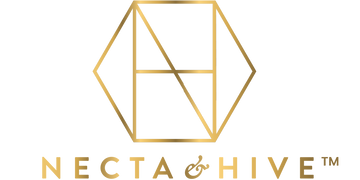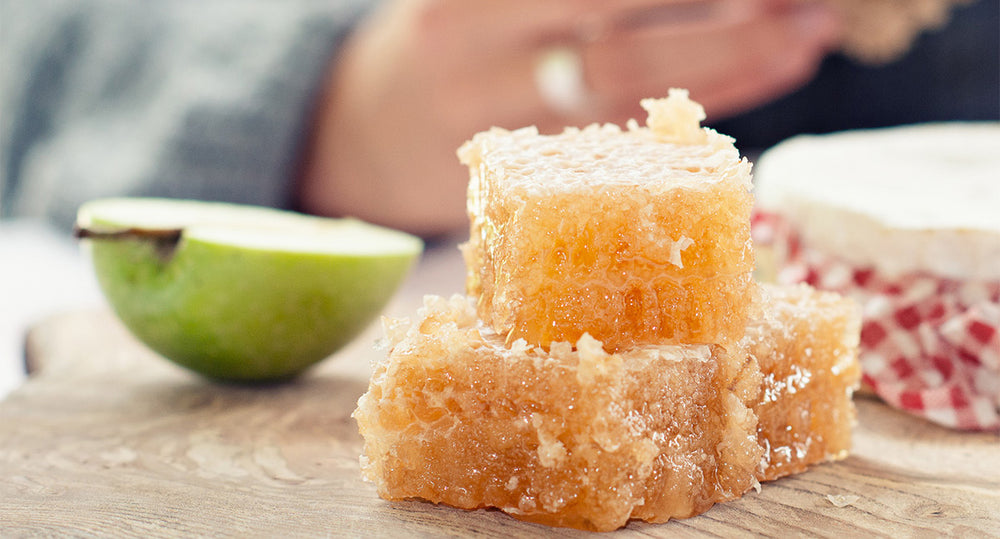A brief history of honey
What do you think of when you take a mouthful of deliciously sweet honey? The incredible taste is probably your immediate thought (especially if like us, you love to suck on a piece of wild Marri honey complete with honeycomb). You might also sometimes think about honeybees and how amazing they are at producing their liquid gold.
But have you ever given thought to Stone Age paintings? No? How about the ancient Egyptians? Thought not. Alexander the Great? Definitely not.
What on earth are you talking about, we hear you cry!
Humans and honey have a very interesting history, going back many thousands of years, and we think it’s fascinating, and we’d love to tell you more about it…
Early historical records
It’s difficult to pinpoint exactly when humans began eating honey. With a history dating back as far as the Stone Age, it’s little wonder historical records can be sketchy. But it’s thought the earliest record we have of humans foraging for honey dates back around 8,000 years. The evidence to support this comes from a rock painting in a Valencian cave from the Mesolithic era. Now called the Man of Bicorp Cave Painting, it depicts a Stone Age honey hunter gathering honey from a bee’s nest in a tree.
Since then, various historical records have shown that honey has been eaten, and crucially, used medicinally, by the ancient Egyptians, Assyrians, Chinese, Greeks and Romans.
Medicinal uses through the ages
Various recent research papers outline the wide and fascinating medicinal history of honey. In the ancient Indian system of medicine, Ayurveda, it was, and still is, used to manage everything from weak digestion to irritating coughs and insomnia. Egyptian texts dating from between 2600 and 2200 BC refer to honey in a wound salve.
An ancient Greek folk remedy saw honey being added to fermented grape juice to treat gout and nervous disorders. Even Hippocrates, universally recognised as the father of modern medicine used honey for acute fevers.
In Islam, honey has always been revered as having therapeutic value - the prophet Mohammed recommended honey solutions in the treatment of diarrhoea many generations ago.
Modern day medicine and honey
To this day, honey is used medicinally, no doubt inspired by our forebears. It’s used to help reduce the severity and longevity of colds and flu viruses, as well as being used in sterile dressings to help keep wounds infection-free.
Honey is also useful as a daily addition to a healthy diet and lifestyle due to its antimicrobial, antioxidant and anti-inflammatory properties. There’s even benefits to our gut and mental health by consuming active, healing honey on a daily basis.
Active, healing honey, for the win!
So, next time you taste honey (we highly recommend Necta & Hive Jarrah high TA 10+ honey
for its sweet, caramel like taste) maybe give some thought to all those ancestors that loved it just as much as you do. Because without them and their love of honey and respect for honeybees, we might not be able to enjoy it now!
(By the way, legend has it that Alexander the Great was transported in a vat of honey from Babylon to Macedonia, some 1,800 miles, after his death in 323BC. Who knew?!)






